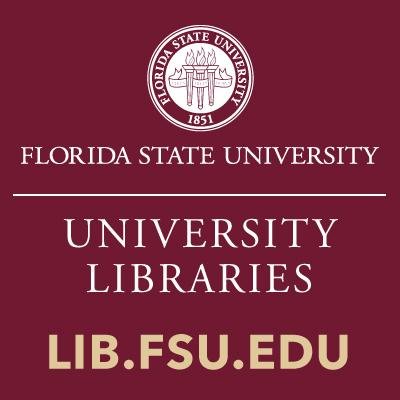
Florida State University will host a two-day symposium on Invisible Work in the Digital Humanities (IWDH) on Nov. 17-18 at the Bradley Reading Room in Strozier Library.
The event will feature three keynote speakers, each a leading voice in digital humanities research, who will address several important issues facing the digital humanities as it matures, from unequal labor to divergent expectations in collaborative partnerships.
“The IWDH symposium is drawing much-needed attention to the opportunities for humanities scholarship in the 21st century,” said Julia Zimmerman, dean of University Libraries. “Discussing how we work together as a wider university community—as librarians, as faculty, and as students—will lead to better and more innovative scholarship within our own university communities and across our various disciplines.”
Keynote speakers are Roxanne Shirazi of the CUNY Graduate Center, Cheryl Ball from West Virginia University and Mark Algee-Hewitt from Stanford University.
Facilitated discussion groups will follow each keynote to expand upon the topics covered by the featured speakers. Outcomes of these discussions will include a whitepaper derived from notes and a forthcoming special issue of Digital Humanities Quarterly dedicated to the topic of Invisible Work.
“One of the great things about Digital Humanities is the way that it can build upon expertise and skill from a wide variety of people in many different areas across the university,” said Allen Romano, coordinator of the Digital Humanities Master’s degree in the Program in Interdisciplinary Humanities. “That, more so than any particular technology, no matter how fantastic looking or interesting, is what makes Digital Humanities such an exciting crucible for humanities research.”
The symposium is free and open to anyone interested in digital libraries, archives and museums, digital scholarship and the intersection of computing and the humanities. For more information and to register, visit iwdh.cci.fsu.edu.
IWDH is co-hosted by the University Libraries, the Program in Interdisciplinary Humanities, Rhetoric and Composition Graduate Program, and the FSU School of Information and has been made possible by generous funding provided by the Department of English, the FSU School of Information, the Office of Research, the Program in Interdisciplinary Humanities, Office of the Provost and University Libraries.




